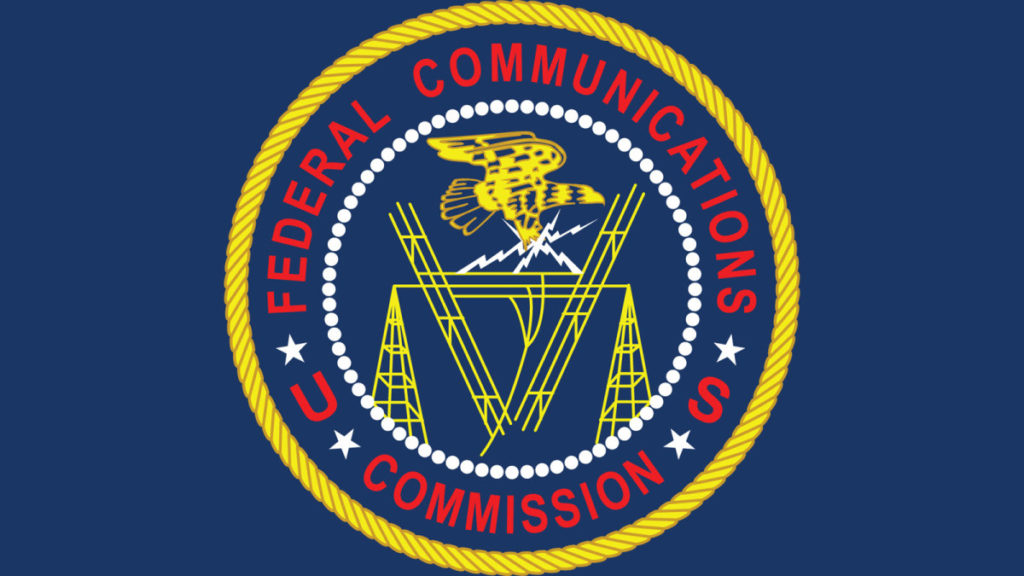
Autodialer Assisted Collections Calls May Be Hardest Impacted
On the FCC’s website, it was announced that despite pleas from credit union and banking industries, the Commission approved a Declaratory Ruling to affirm that voice service providers may, as the default, block not only illegal calls, but “unwanted” calls, including collections calls from autodialers.
An earlier reported story from the ACA International reported that FCC Commissioner Michael O’Reilly, had requested a narrower version of the rule with “at least three edits, primarily to narrow the rule to target only illegal scam calls, rather than cracking down on ‘unwanted’ ones too. This, if left intact and implemented in the FCC’s Draft Declaratory Ruling would not only block illegal dialer assisted calls, but legal (mostly collections) ones as well.
This suggestion appears to have fallen on deaf ears and the panel has voted to implement the plan, as is, as soon as the ruling is published.
The regulations allow for legitimate callers to register a complaint if they feel robocall technologies have unfairly blocked their calls, Pai said. He expects phone companies should be able to have the features operational by the end of the year. Expect complaints.
Unintended Consequences
In this era of automations and artificial intelligence, autodialers and predictive dialers, are an important tool for leveraging technology tor increased efficiency. While the impact on collections departments is obvious, autodialers are also used for very common and important notification services to people all across the financial services spectrum.
“Public safety alerts, fraud alerts, data security breach notifications, product recall notices, healthcare and prescription reminders and power outage updates all could be inadvertently blocked under the draft Declaratory Order, among other time-sensitive calls,” according to the collective group’s earlier letter.
The impact on collections can also prove difficult for borrowers, who have been accustomed to collections calls for payment reminders. When a collections department is unable to contact a borrower by phone, it can trigger earlier than usual referrals for repossession. Repossessions that may have otherwise been avoided.
Statement from CUNA following FCC Robocall Ruling
Credit Union National Association (CUNA) Chief Advocacy Officer Ryan Donovan issued the following statement after the Federal Communications Commission (FCC) Thursday voted to approve its default call-blocking order, which includes a modification that gives callers a mechanism to file complaints with voice carriers over erroneously blocked calls.
“We thank Chairman Pai and Commissioner O’Rielly for recognizing the legitimate need for credit unions to contact their members to preserve their financial health and security,” said Ryan Donovan, CUNA chief advocacy officer. “We will continue to engage with the Commission to address credit unions’ outstanding concerns, and value today’s confirmation that the FCC is open to work with us on fine tuning this rule moving forward.”
More than 1,000 credit union advocates contacted the FCC with letters describing concerns and urging changes to the proposal so that credit unions can continue to communicate and provide members with critical information.
See the FCC’s Press Release Below
FCC AFFIRMS ROBOCALL BLOCKING BY DEFAULT TO HELP PROTECT CONSUMERS
Commission Also Seeks Comment on Requiring Caller ID Authentication Implementation & Use of Authentication Standards for Blocking
For Immediate Release
WASHINGTON, June 6, 2019—The Federal Communications Commission today voted to make clear that voice service providers may aggressively block unwanted robocalls before they reach consumers.
Specifically, the Commission approved a Declaratory Ruling to affirm that voice service providers may, as the default, block unwanted calls based on reasonable call analytics, as long as their customers are informed and have the opportunity to opt out of the blocking. This action empowers providers to protect their customers from unwanted robocalls before those calls even reach the customers’ phones. While many phone companies now offer their customers call blocking tools on an opt-in basis, the Declaratory Ruling clarifies that they can provide them as the default, thus allowing them to protect more consumers from unwanted robocalls and making it more cost-effective to implement call blocking programs.
The ruling also clarifies that providers may offer their customers the choice to opt-in to tools that block calls from any number that does not appear on a customer’s contact list or other “white lists.” This option would allow consumers to decide directly whose calls they are willing to receive. Consumer white lists could be based on the customer’s own contact list, updated automatically as consumers add and remove contacts from their smartphones.
The Commission also adopted a Notice of Proposed Rulemaking that proposes requiring voice service providers to implement the SHAKEN/STIR caller ID authentication framework, if major voice service providers fail to do so by the end of this year. It also seeks comment on whether the Commission should create a safe harbor for providers that block calls that are maliciously spoofed so that caller ID cannot be authenticated and that block calls that are “unsigned.”
With adoption of this item, the Commission continues its multi-pronged strategy to combat unwanted and illegal robocalls. The Declaratory Ruling will go into effect upon release of the item on FCC.gov. The deadline for submitting comments in response to the Notice of Proposed Rulemaking will be established upon publication in the Federal Register.
Action by the Commission June 6, 2019 by Declaratory Ruling and Third Further Notice of Proposed Rulemaking (FCC 19-51). Chairman Pai, Commissioners Carr and Starks approving. Commissioners O’Rielly and Rosenworcel approving in part and dissenting in part. Chairman Pai, Commissioners O’Rielly, Carr, Rosenworcel, and Starks issuing separate statements.
CG Docket No. 17-59; WC Docket 17-97
###
Media Relations: (202) 418-0500 / ASL: (844) 432-2275 / TTY: (888) 835-5322 / Twitter: @FCC / www.fcc.gov
This is an unofficial announcement of Commission action. Release of the full text of a Commission order constitutes official action. See MCI v. FCC, 515 F.2d 385 (D.C. Cir. 1974).











Facebook Comments